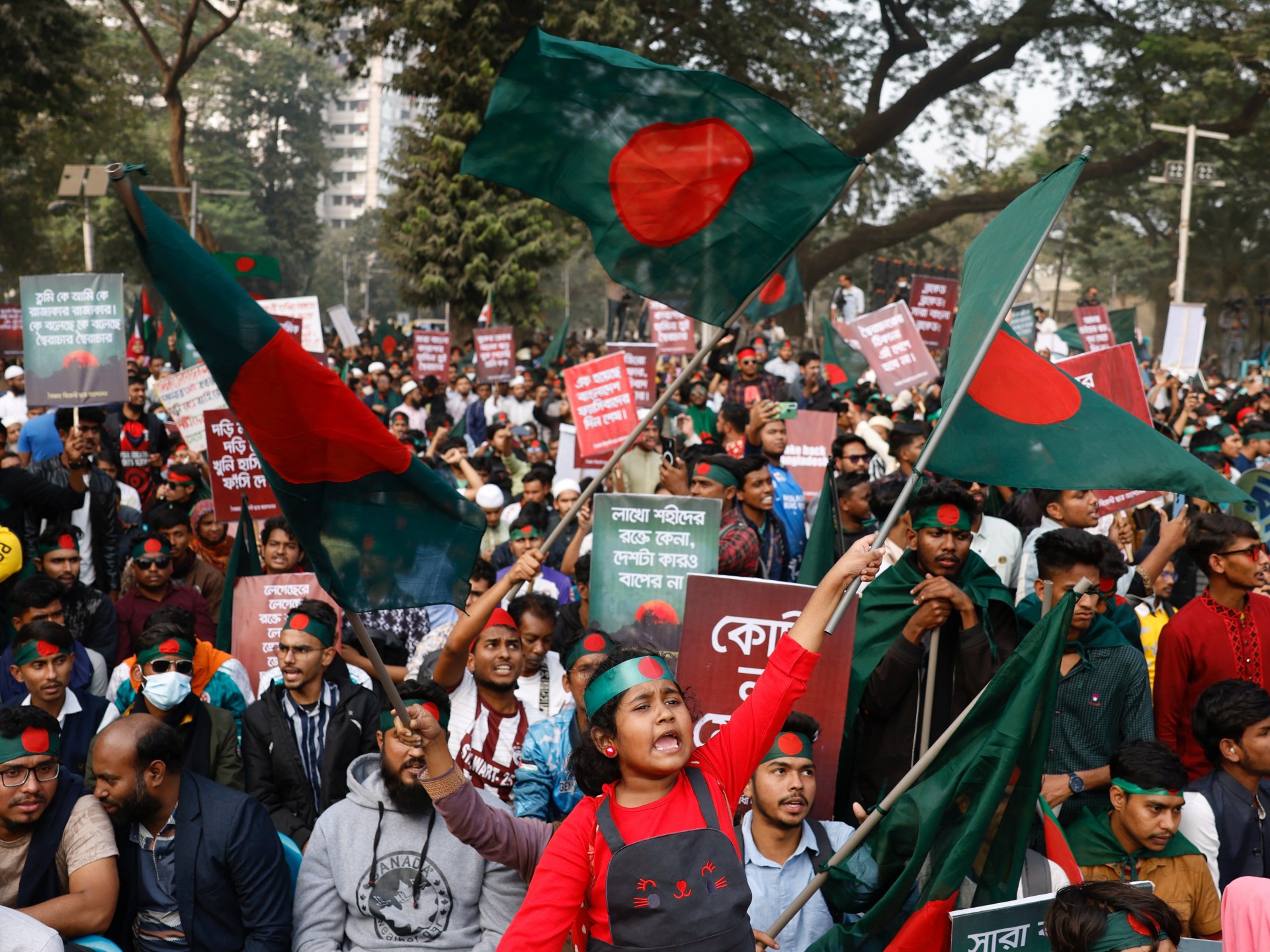Without effective reform, Bangladesh faces a similar fate to the rights abuses experienced under ousted Prime Minister Sheikh Hasina, according to an international NGO.
In a report released on Monday, Human Rights Watch (HRW) stated that the interim government in Bangladesh risks losing “hard-won progress” if it doesn’t implement reform that can withstand repression from future governments.
Ongoing arbitrary arrests and reprisal violence underscore the threat to “the country’s once-in-a-generation opportunity to end the legal abuses” that were seen on Hasina’s watch, the report said.
HRW used the publication to call on Dhaka to pass laws that were intended to defame critics.
“Reforms should be centered on separation of powers and ensuring political neutrality across institutions, including the civil service, police, military, and the judiciary”, it declared.
Return to abuses
After her 15 years in power were ended by widespread protests, Hasina fled into exile in August.
Since then, Muhammad Yunus, a Nobel Peace Prize laureate, has taken over the nation and has pledged to carry out radical democratic reforms and hold new elections.
Human Rights Watch noted that Yunus’ administration has begun a process of reforming deteriorated institutions used as a means of punishing Hasina’s Awami League party’s opponents.
But it also highlighted that in targeting the ex-premier’s supporters, the police have “returned to the abusive practices that characterised the previous government”.
According to the report, relatives of those killed by security forces during the protests were pressured into signing case documents without knowing who was to blame for their deaths.
The rights group also raised allegations that at least 140 journalists are facing murder charges against those who support Hasina’s government.
Accountable
“Nearly 1, 000 Bangladeshis lost their lives fighting for democracy, ushering in a landmark opportunity to build a rights-respecting future in Bangladesh”, Elaine Pearson, the Asia director at Human Rights Watch, said.
If the interim government fails to implement swift, structural reforms that can withstand any repression from upcoming governments, “all of this hard-won progress could be lost.”
HRW suggested that the government seek advice from UN rights experts to ensure long-term reforms.
Yunus’s government has yet to comment on the report.
The 84-year-old claims to have inherited a “completely broken-down” system of public administration and justice that requires a complete overhaul to stop future government abuses.
After his swearing-in in August, he told reporters: “Bangladesh is a family. It needs to be brought together. It has immense possibility”.
Source: Aljazeera

Leave a Reply